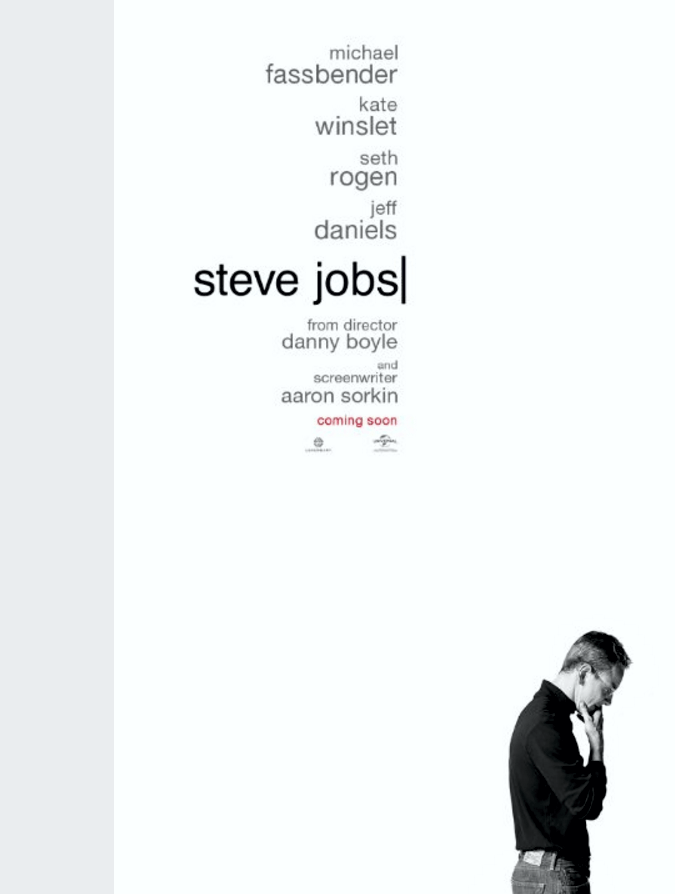
Saturday, August 27, 2016 10:28 AM
Every once in a while, someone remembers that electing our first woman to the presidency would be an historic breakthrough—and immediately, someone else will pointedly comment that they’re not going to vote for someone just because she’s a woman. We suffered from no such timidity when Barack Obama was elected the first African-American president. Sure, people would carp that Obama was ‘half-white’—but, that being a distinction no racist had ever before bothered to parse, no one took them seriously.

And much has been made of late about the racism of the Alt Right fringe—as if these troglodytes were mostly concerned with what Larry Wilmore calls “The Unblackening”, i.e. replacing President Obama with a Caucasian. But what both the Clinton campaign and the media are overlooking is the Alt Right’s far greater interest in maintaining male chauvinism. Both Trump and his new campaign-head, Steve Bannon, have been explicitly and publicly misogynist in both word and deed.

“All men are created equal” was confined to men-only for so long that there are women alive today who were born before women had the right to vote. The discrimination against women in America—even after Suffrage was granted—included property, banking, police protection, the workplace, and exclusion from any social or business group or meeting place deemed ‘men only’. And the feminist movement has made slow, tortuous progress towards gender equality for the last fifty years—but even gay men were allowed to serve in the military before women were accorded the same privilege in full—what was it, days ago? Maybe weeks ago?

One could easily make the case that, when the Democrats nominated a woman presidential candidate, the GOP was taken over by the “He-Man Woman-Haters Club”, known today as the Alt Right. They must have pinched themselves when a man renowned for his public misogyny (and not ‘just against Rosy O’Donnell’) was nominated by the Republican Party. How perfect for them that an enemy of ‘political correctness’ was able to slip his chauvinism under the media’s radar. Even better, the Democrats have mistaken them for racists, when their true, core agenda is the unwinding of Women’s Liberation.

How else does a woman, who statistically is more honest than most politicians, find herself confronting an electorate that has 63% of its number believing her to be wildly dishonest? Why else would a woman whose first job was sneaking into Southern schools to expose their refusal to de-segregate, end up being called a ‘bigot’ by the most morally bankrupt opponent ever to run for office—and the media repeats his claim 24-7, as if it has even a whisper of credibility?

Now, full disclosure—I want a woman. I think our entire political system can only benefit from an increase in femininity. Women are less likely to internalize power—and more likely to remember the weak and helpless, and, of course, the children. They are at least as smart as men—and far less likely to lose sight of their goals by getting involved in dick-measuring contests. Men consistently point to menstruation, pregnancy, and child-rearing as ‘handicaps’ of the opposite sex—but ask yourself this: Would you rather have a human race that doesn’t bother with all the inconvenience of reproduction? That’s a short-lived dynasty, bub. Just because women do all the work of perpetuating the species doesn’t mean that creating new lives is some sort of ‘accessory’ that only girls fool around with. Get a clue.

We worry about national defense, upholding the law, strength and power—we forget that life also requires caring, sensitivity, and tolerance. Men can even feel embarrassed for showing any recognition of these necessities. Yes, a lot of women would be embarrassed to show strength and toughness—but it’s not as overwhelming a barrier to women as men’s desperation to maintain their machismo. The most important strategic value of the female broadness of vision is that they are more likely to see both sides of an issue—they are less likely to pick a side and fight blindly for conquest, without any regard for other points of view. I don’t want to profile, but it would be ingenuous to pretend that the sexes think the same way, or perceive things the same way.

But forget all that difference business. Let’s say men and women are exactly the same—for argument’s sake. By that logic, it doesn’t matter what gender our president is—only that they are fit for the job. So let’s say the Democrats had a candidate, a man, with a lifetime’s experience in public service, with a stellar reputation among his peers, and accolades galore from nearly everyone he’s ever helped or worked with. Would you vote for that guy—or would you vote for Trump? Better yet, imagine that Hillary Clinton wasn’t a political nerd, a policy wonk who is uncomfortable in the public spotlight—imagine she had the charisma of Trump, or her own husband. Imagine she had a voice like honey and the presence of Angelina Jolie—would you vote for Trump? I don’t think so.

The trouble with Hillary is that she is our national medicine—it would help us, it would make us all better—but we don’t want to swallow it. We want something more fun, more attractive. Yet the things that make Secretary Clinton so desirable as our head of state are the very things that make it hard for her to appeal to us on a ‘popularity-contest’ level. She is serious. She is tough. Worst of all, perhaps, she is very intelligent. Of course we don’t want to vote for her—we don’t even want to date her. But this isn’t a date. This election is serious business—I would appreciate it if all my fellow Americans would be serious about their vote. That would not only be one more reason to vote for Hillary, but also one more reason not to vote for Trump. Let that poisonous clown bleed out of his ‘wherever’.






























































 I was always one of those too-enthusiastic people—teachers’ pet in schools, messing up on jobs by trying too hard when everyone else was happier skating along—you know, an unbearable eager-beaver—easy to trick, easy to tease, and otherwise—undesirable company. I’m the same way about learning and words and stuff—that’s why the first thing strangers and bartenders say to me is usually “So you went to college, huh?” This is funny in a sad way, since I never actually got a degree—in spite of several colleges and universities. When I was younger, still in school, it was “You talk funny.” or just “Speak English.”
I was always one of those too-enthusiastic people—teachers’ pet in schools, messing up on jobs by trying too hard when everyone else was happier skating along—you know, an unbearable eager-beaver—easy to trick, easy to tease, and otherwise—undesirable company. I’m the same way about learning and words and stuff—that’s why the first thing strangers and bartenders say to me is usually “So you went to college, huh?” This is funny in a sad way, since I never actually got a degree—in spite of several colleges and universities. When I was younger, still in school, it was “You talk funny.” or just “Speak English.”
































































































